We want to make your admission to hospital as simple and comfortable as possible. This section and the links on the left hand side of the page are intended to give you some general information about the hospital so that you know what to expect.
If you’re uncertain where to find us, click here to find out more about our hospital sites and how to get there.
Whilst the document is a few years old now, you can read our bedside information here in a PDF format.
Accessibility: If you need this page in another language, please head to: https://translate.google.co.uk. For more accessibility options and information, please visit: https://www.dbth.nhs.uk/a-z/accessibility/
Your appointment
Details of your appointment are on your admission letter. If you have any queries at all about your appointment date, or if you need to change it, please telephone the number given on your appointment letter. Please remember to let us know if you have changed your name, address, or your GP, so that we can update our records.
To help us find your appointment record, please have the following information to hand:
- The date you are coming into hospital
- Your hospital number (this can be found on your admission letter and starts with two letters followed by four numbers)
Waiting for your appointment? We understand that waiting can be difficult. For guidance on what to expect, how to manage symptoms, and when to get in touch, visit our waiting for your appointment guide.
Need to amend your appointment? Email: dbth.contactcentre@nhs.net or phone: 01302 642500, alternatively use the NHS App.
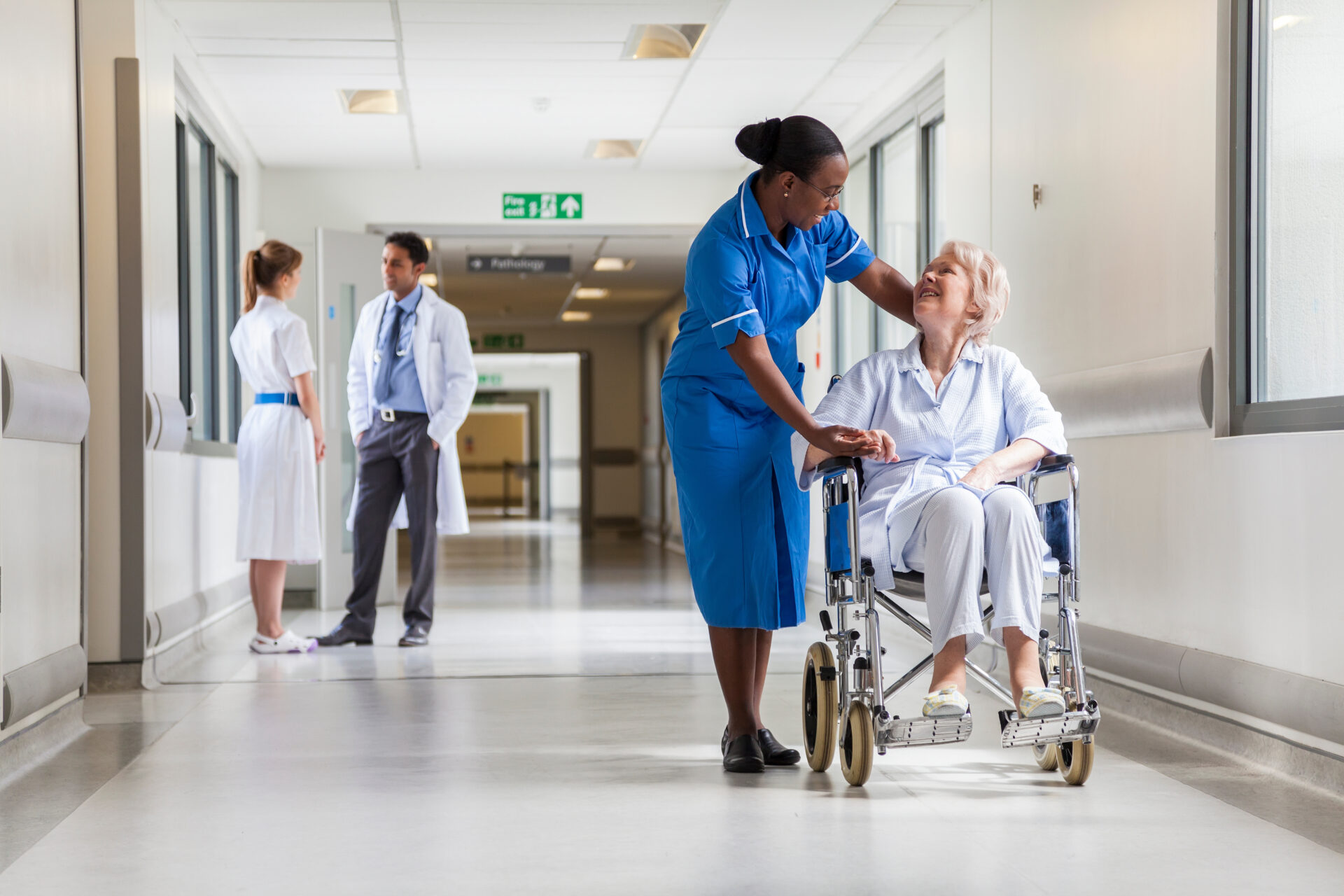
Virtual Ward
Not every hospital admission means staying on a ward. Our Virtual Ward offers the care you need at home, with regular monitoring and support from our clinical team.
This service is suitable for some patients who are well enough to leave hospital but still need ongoing care. It helps you recover safely in familiar surroundings, while staying connected to our team.
Find out if it’s right for you: dbth.nhs.uk/patients-visitors/inpatient-stay/the-virtual-ward
Your inpatient stay
Storage is limited on the ward so we ask that you only bring what is necessary. Some things you will need to bring include:
- Any medication you are taking, all in their original packaging, including: Tablets, medicines, inhalers
We also recommend bringing the following:
- Pyjamas or nightdress
- Bed jacket or cardigan
- Dressing gown
- Slippers
- Toiletries (including contact lens cases, denture pot etc)
- Mobility aids (frames and sticks)
- Hearing aid
- Glasses.
You might also want to bring something to do during your stay. For safety reasons, we prefer that you don’t bring any electrical items into hospital with you. The exception to this is electric razors.

What not to bring
There is a locker next to each bed in which to keep your personal belongings but you are strongly advised not to bring any valuables or money, other than a small amount to buy newspapers, pay for parking or telephone calls.
The hospital cannot accept responsibility for personal property kept in lockers. If you cannot avoid bringing valuables or money into the hospital, give them to the senior nurse on the ward who will give you a receipt and put them in the hospital safe. They will be kept in the safe in the Cashiers’ Department until you are ready to go home.
Clothing and laundry
The hospital is not able to provide facilities for washing your clothes. We therefore ask you to make suitable arrangements with your visitors to collect and return your laundry. If this causes difficulty please tell your nurse.
As space on the ward is limited it would also be helpful if you could arrange for someone to accompany you to the hospital when you come for admission so that they can take home any clothes and luggage that you will not need on the ward.
Ward accommodation
The room where your bed is will only have patients of the same sex as you. Your toilet and bathroom will be close to your bed area, unless you need assistance where specialist bathroom facilities will be used.
It is possible that there will be both men and women patients on the ward, but they will not share your sleeping area. You may have to cross a ward corridor to reach your bathroom, but you will not have to walk through opposite-sex areas.
You may share some communal space, such as day rooms or dining rooms, and it is very likely that you will see both men and women patients as you move around the hospital. This also includes visitors who may come onto the ward.

Clinical Photography
During your hospital stay, our clinical staff may take photographs of your wounds or injuries on secure hospital mobile devices. This is to assist with your care. These photos will help clinicians see how your condition is improving over time. Any images taken will be stored safely and securely along with your medical records. Your consent will be obtained before a photograph is taken.
Your meals
Meals and drinks will be offered to you during your stay in hospital.
During your stay, you will be given a choice of food at meal times. Depending on the ward you are on, you may be asked to complete a menu card to select your meal, but on some wards you do not need to do this.
If you have missed a meal for any reason you will be offered a snack or light bite.
The catering staff at the hospital makes every effort to ensure that your meals are as appetising as possible. All hospital menus offer a range of balanced healthy and nutritional meals. The menu always includes at least one dish that does not contain any meat, fish or poultry.
If you have been prescribed a special diet you will be given a special menu card and will be visited by one of the Dieticians. All wards have slightly different meal times but there will be information about this on the ward.
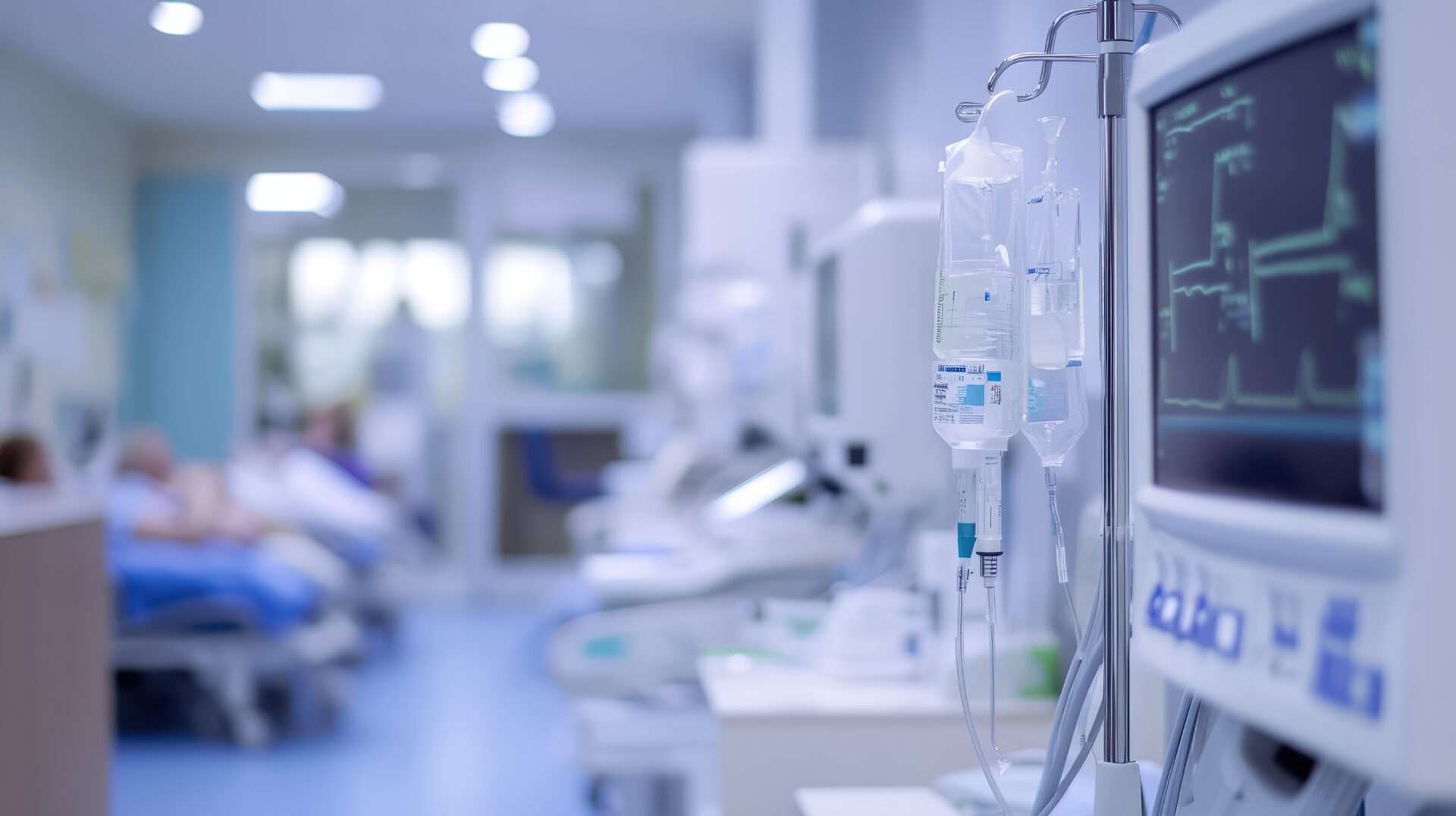
Some of the uniforms you might see
Below is a visual representation of the uniforms many colleagues wear. Please note, these may change as per national guidance and developments.


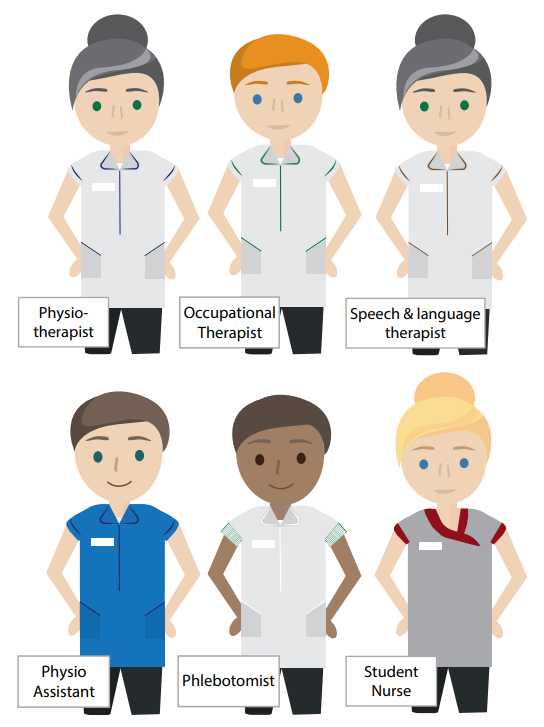
Wi-Fi Access
Free Wi-Fi is available throughout Doncaster and Bassetlaw Teaching Hospitals, including Doncaster Royal Infirmary, Bassetlaw Hospital, and Montagu Hospital.
Patients and visitors can connect to the ‘Public’ network for general browsing, while inpatients have access to a more robust ‘Ward’ network suitable for streaming and video calls. To connect, select the appropriate network on your device and follow the on-screen instructions. For more details, visit our Wi-Fi access page.
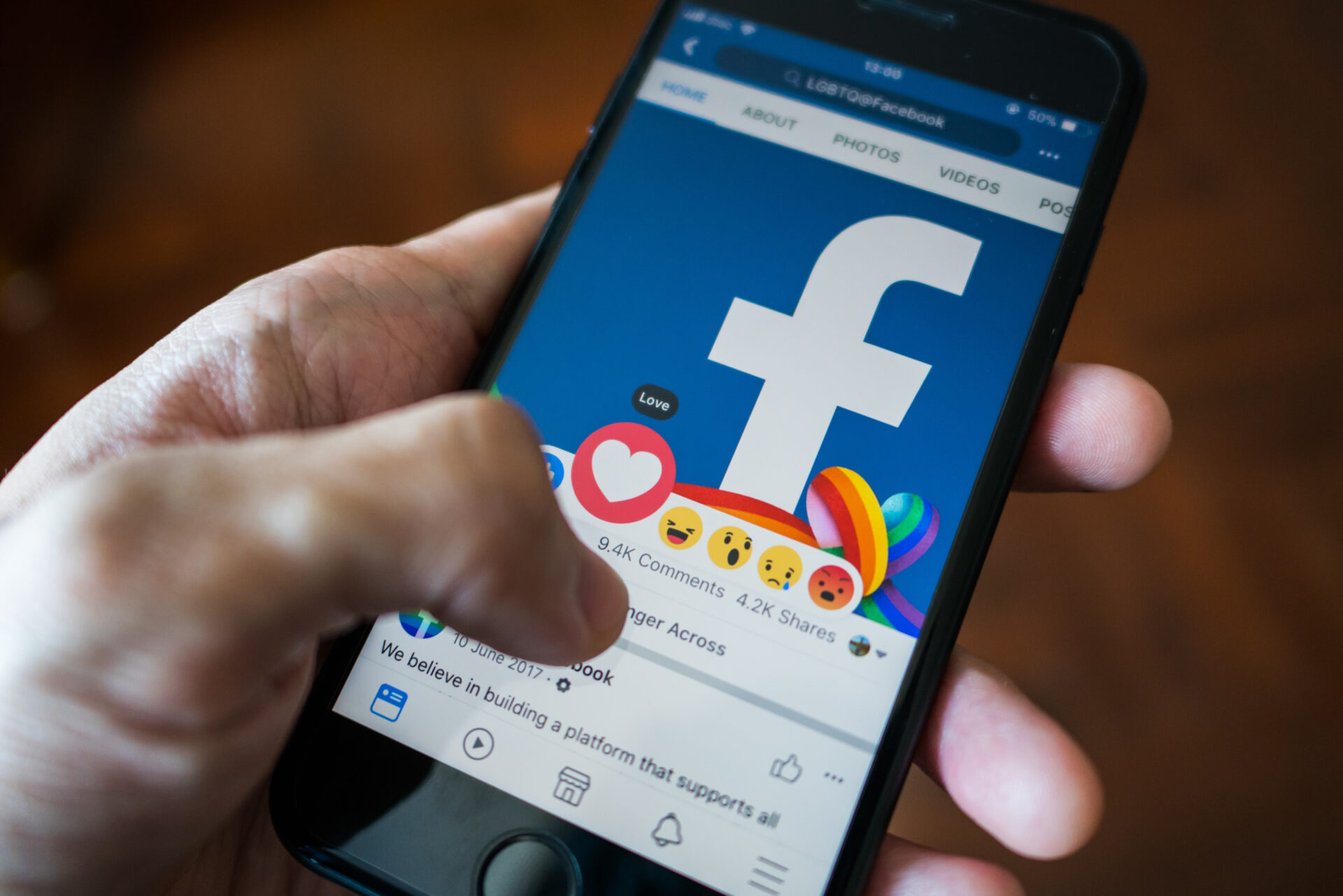
Visiting times
At DBTH, we have an open and flexible visiting policy, recognising the vital role of family, friends, and carers in patient care. Our Visitor’s Charter outlines what you can expect from us and what we ask of you to ensure a supportive, respectful, and safe environment.
Find out more here: https://www.dbth.nhs.uk/patients-visitors/visiting-times/
Leaving hospital
We’ll work with you to make sure you’re ready to leave hospital safely and confidently. Before you go, we’ll explain any follow-up care, arrange prescriptions if needed, and provide discharge notes.
If you need extra support at home, we’ll help put that in place with you.
Find out more here: dbth.nhs.uk/patients-visitors/inpatient-stay/leaving-hospital
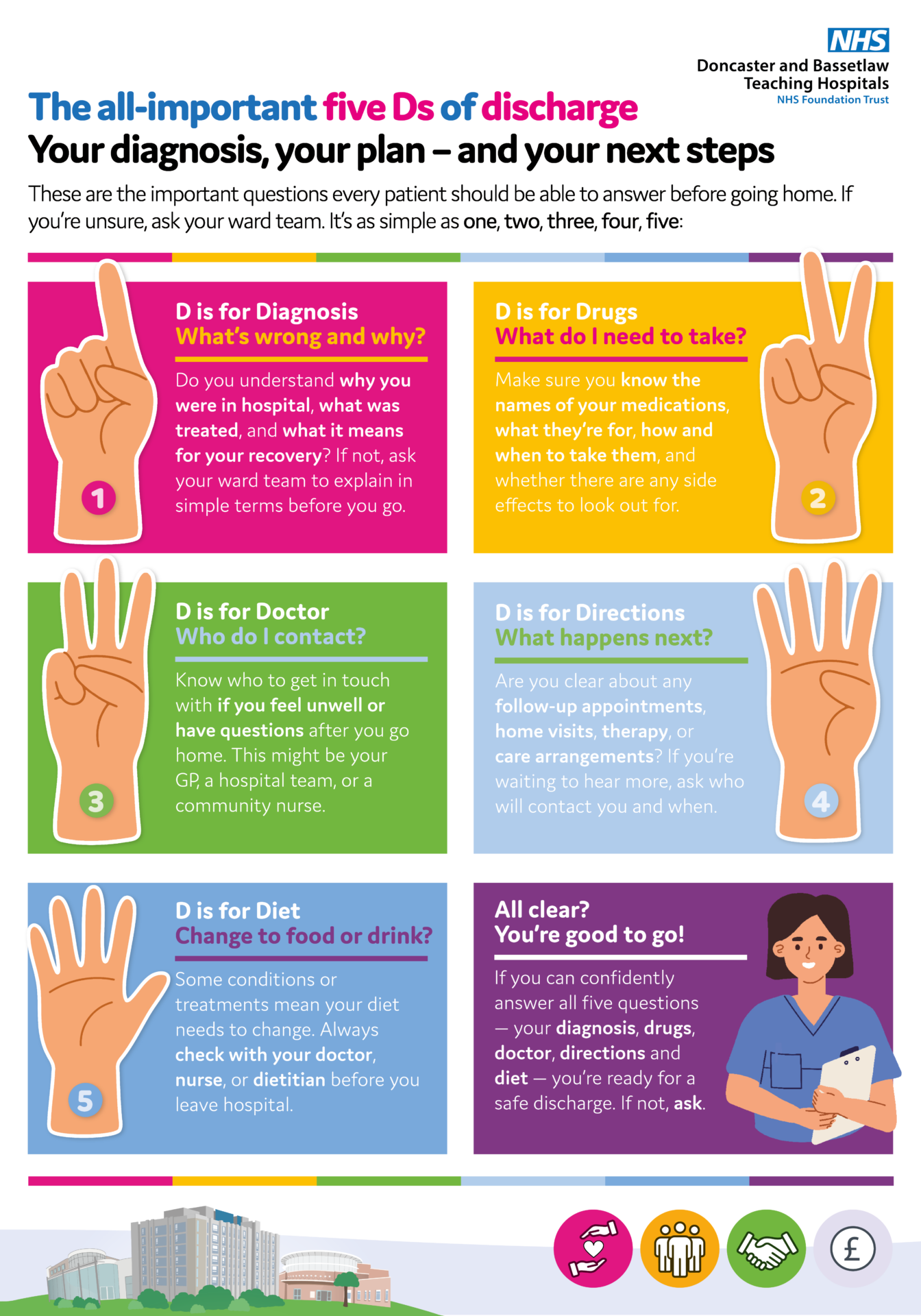
Your feedback
If you would like to send a special ‘thank you’ to a member of our staff for their efforts, kindness and compassion, or alternatively to raise a concern, contact the Patient Liaison Service (PALS).
NHS Friends and Family Test (FFT)
Content out of date? Information wrong or not clear enough? Report this page.
